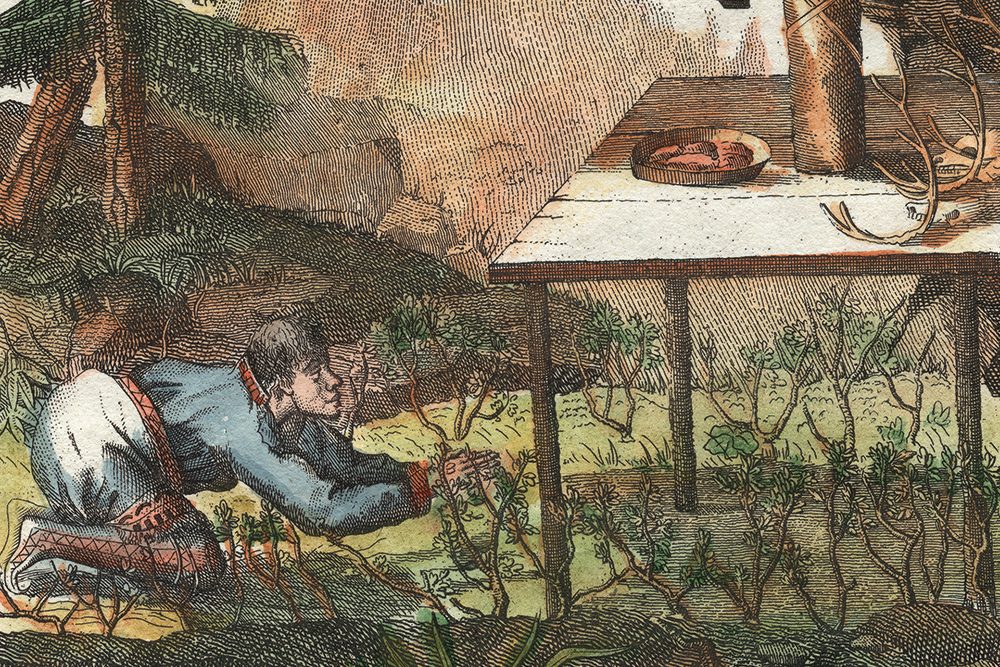In our era of Twitter hot takes and Medium listicles promising to make you millions, I have a soft spot for life-wisdom books, meditations of the old school that you can spend quality time with even when the ideas presented in them are timeless.
I’ve read with pleasure the popular life guidance books of the past decades, from The Happiness Hypothesis or Letters to a Young Contrarian to Zena Hitz’s quietly transformative Lost in Thought, and I felt a renewed connection with the ancient questions of existence in a modern retelling. It should be the habit of all widely read thinkers, whether coming from STEM, the humanities or the social sciences, to sit down and write an accessible recap for all of us of what they have found out.
I’m not an economist, but an aesthete, which came in handy here: Russ Roberts’s Wild Problems does entertain the notions of classical and contemporary economics, and it cites the inevitables — Adam Smith, Darwin, etc. — but quickly deviates from the field’s boundaries and sets out to explore the mysteries of the human condition through family, poetry and philosophy instead. What makes life worth living? What is a good life? How may data-driven economics fail to answer our big questions in their full depth?
The joke goes that every cynic is really a romantic, and upon finishing Wild Problems I suspect that most rationalists are also, at heart, romantics. No data-set of a life lived fully will inform the most important decisions a person can make. Roberts uses examples of marriage, immigration, religious commitment and having children as prime areas where something else seems to be needed. In such situations, data from the past, even our own pasts, tells us almost nothing about what kind of a person we will become after the important choice has been made, as that new person may be so different from our current self that we have no way to determine in advance what he will like or dislike.
There is something wholesome about Roberts’s call for leisure, responsibility, engagement and risk. What I like to call “utility tyranny” is exposed here, with an emphasis on letting go of our short-term self-focus, and instead permitting the world to meet us as we really are: humans aspiring to be good and useful, and to leave a worthy legacy beyond mere numbers. Wild Problems asks what wisdoms we can build upon if the rational mind is not always an apt companion for the most major choices we’ll make in our lives.
In Roberts’s analysis, when our responses to wild problems go beyond rational choice, or the experiences of others accessible via data, this often leads to seemingly inexplicable decisions, and that’s in the end fine. In the book, usual suspects from happiness and decision-making bestsellers show up, if in an unusual assortment. Kahneman, Paul Bloom, Julia Galef, Dan Gilbert — even John Stuart Mill and Chesterton — all try to lend a hand as we wrestle with life choices calling for more than pure reason. What, Roberts asks, is this lurking desire for transcendence that beckons us beyond “smart choices”? In his model, it’s in this beyond that all that is real, raw and personal awaits.
An important trend at Penguin Random House sees the second book within a few months, after Christine Emba’s snappy Rethinking Sex, filled with Aristotelian insight for twenty-first-century readers. In Roberts’s new book we get a de facto manifesto for personal moral codes and the cultivation of the good life, a condition of self-actualization and contentment that leads to flourishing. It is in this framework that our conflicting needs for greatness and goodness might even settle into a kind of harmony, away from the apps and the hassle, in closeness with others.
It’s a treat to see a social scientist find life affirmation beyond the digit. As I was reading Wild Problems I was reminded of Nietzsche’s figure of the music-making Socrates, the emblem of the maturity of embracing the creative uncertain. Wild Problems also finds its logical conclusion in art, and in the crucial understanding that the good life must be created as a work of art itself, as unique as each one of us, its creators.
Wild Problems will endear itself to those who like concise worldview summaries and to revisit favorites from old-school economics and the classics. Those looking to discover completely unheard-of paradigm breakers will need to look elsewhere. Wild Problems is an elegant essay for an intelligent weekend. It might even prompt phone calls to loved ones.
This article was originally published in The Spectator’s November 2022 World edition.

























